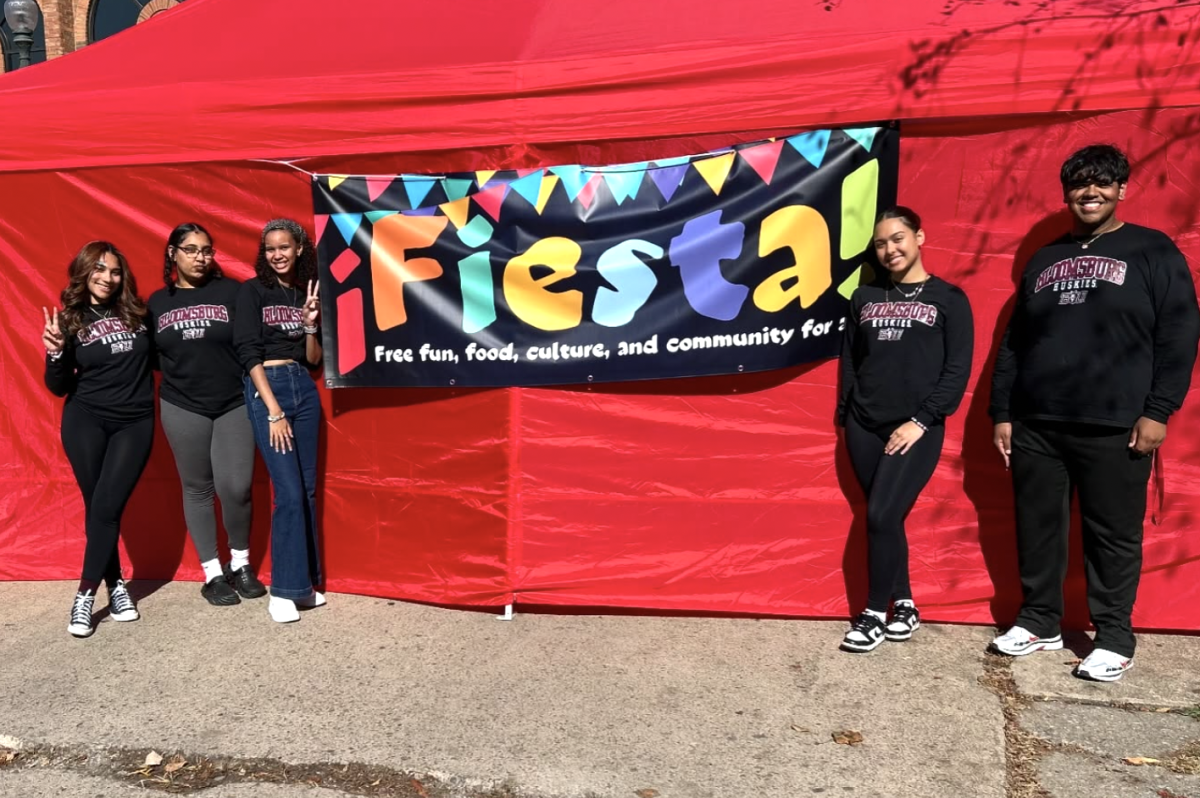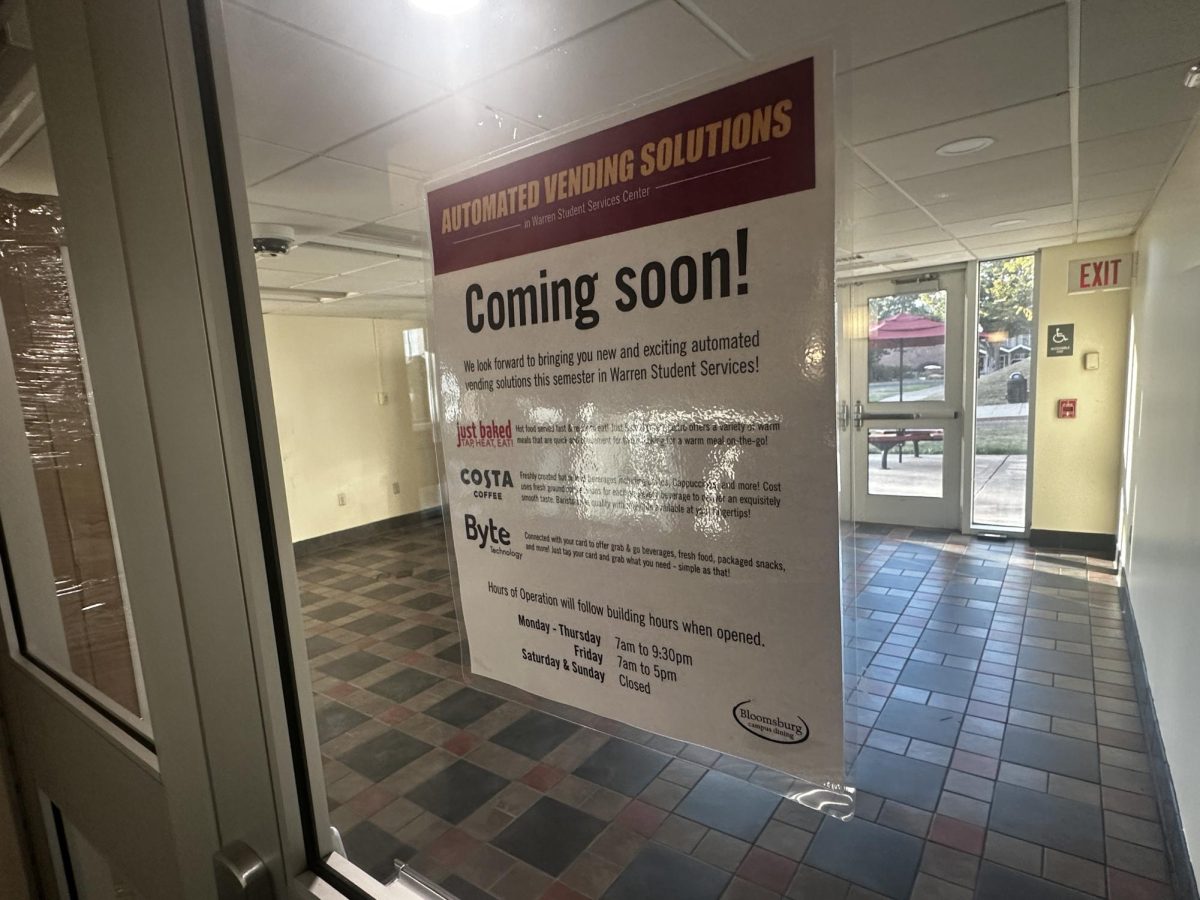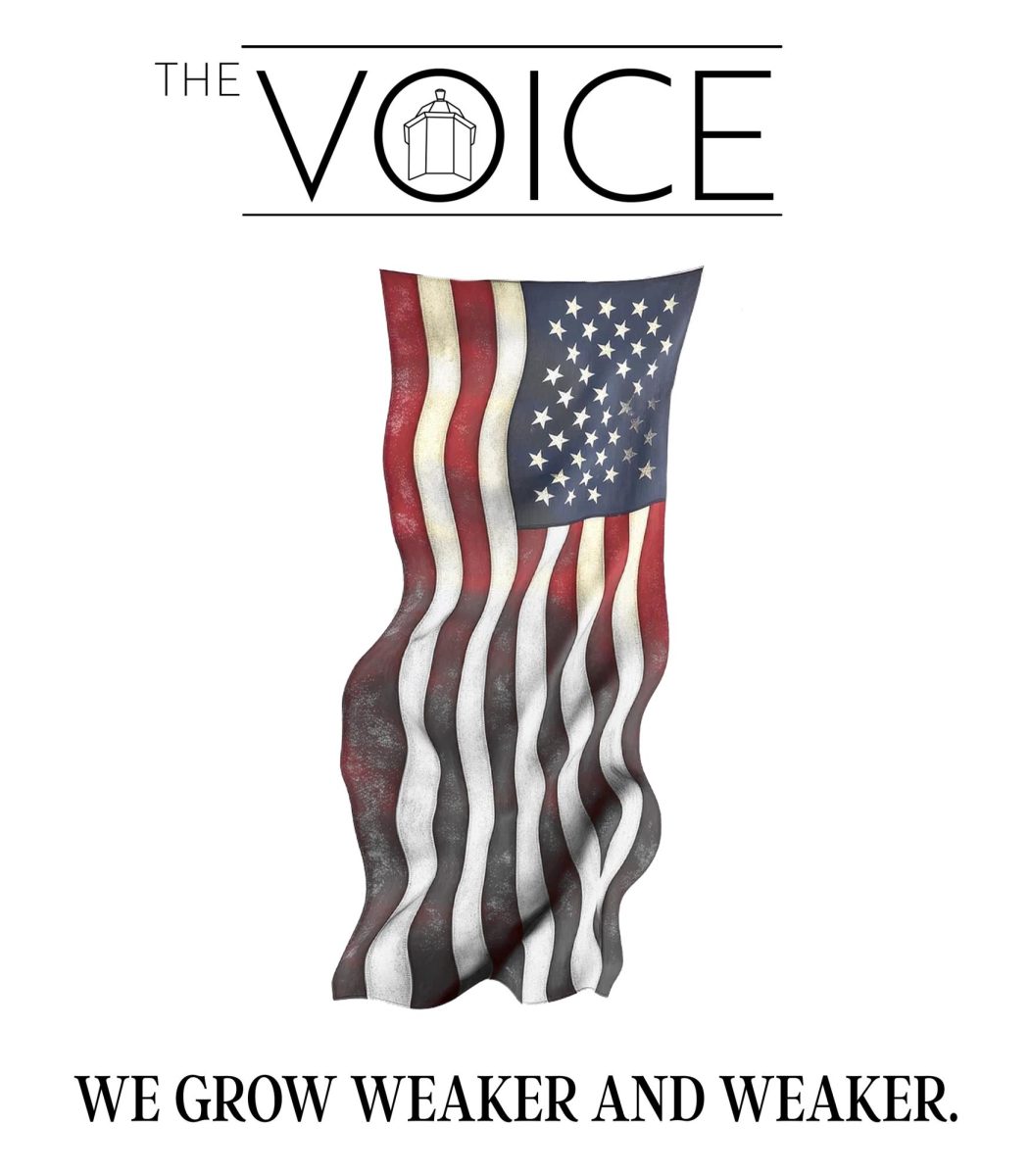As far as I can tell, Chick-fil-a is a campus hotspot, despite all that we know about the company’s background. Does the fact that so many young people frequent this establishment make them bad people, even if they know and disagree with what some of the heads of the company stand for?
Realistically, I’d have to say no, it doesn’t. There’s a moral question here that I’ve been thinking about for the past few years, but it wasn’t until I recently watched “The Good Place” that I figured now, in our lovely political climate, would be a great time to ponder Chick-fil-a.
What sparked this train of thought were these words spoken by Eleanor Shellstrop in the latest season of “The Good Place”: “There’s this chicken sandwich that, if you eat it, it means you hate gay people. And it’s delicious!”
Undoubtedly, this is one of the most explicit pop-culture references this show has made (and it makes a lot), but it’s one that actually causes the audience to stop and think.
If we’re trying to be good people, and we know that the CEO of the company is against something such as same-sex marriage, how can we possibly eat this delicious chicken sandwich? It’s a question I wonder about every time I enter the line at Chick-fil-a on campus.
Actually, this isn’t even the only establishment that has a murky background. If we were to go into full-research mode on every restaurant, store, or product we encountered, we’d surely find something that we cannot blindly support. I’d even go as far as to say that almost all companies will have something – either in their present or past – that we don’t agree upon.
Yet, our decision to order a chicken sandwich from a place that makes really good chicken sandwiches doesn’t inherently make us bad people. Some of us might know about the religious beliefs behind Chick-fil-a, and we also might choose to go there anyway, but it’s wrong to assume that makes all of us who do eat there hypocrites or “bad” people.
Chick-fil-a is a fast food restaurant that employs thousands of individuals. There are thousands of people who have a job at this place, some of whom make their living this way, or who are our classmates on campus.
Should we, in our quest to try and be better people, choose not to go to a restaurant because of the one person at the top that we don’t like or agree with?
If we do, then the rest of the employees suffer the consequences as well even though they are probably decent people. How is it fair to everybody else if we skip a place like Chick-fil-a because of the one person at the top? The part-time employees haven’t done anything to us. They might even have the same beliefs that we do!
Some could argue that, if these people truly disagreed with the CEO’s views, they wouldn’t bother to work there – thus, it’s their fault if we choose to stop going there. Yet, making an assumption like that is a much farther leap than we should be making.
Perhaps they are a college student in a work-study, or maybe they’re a single parent trying to make ends meet, or someone who just really loves chicken. Should we blame them for all of the company’s downfalls?
Chick-fil-a is not the only company to engage in some seemingly negative activities. Take, for instance, the clothes that most of us wear every day.
When we shop at a place like Forever 21, are we helping to promote fast fashion and the poor labor conditions in these places where the companies have their clothes made? We could be. Yet, we continue to wear our PINK shirts and our American Eagle sweaters every day.
We know about the potentially poor conditions that these clothes are made in. Yet, do we try and find other sources, or pay more money to shop somewhere else where we one-hundred-percent-know about the labor conditions?
We’re young and we’re broke; no one should be asking us to find a different source of clothing than the ones we are already familiar with and we know to be affordable.
To bring this back around, if we knowingly go to Chick-fil-a when the company heads act the way they act and believe what they believe, this does not make us bad people. We want good food; we want things to be relatively inexpensive and worth our money. Chick-fil-a happens to meet those qualifications.
There are plenty of people we meet every day who do not hold all of the same beliefs as we do, and yet we somehow find it in ourselves to communicate in a civil and respectful manner to these people – some of whom may even be our friends, colleagues, or family. It’s just a part of life.
Just because we eat a sandwich from Chick-fil-a does not mean we’re compromising our moral integrity. The mere fact that we’re becoming aware of and contemplating the repercussions of our actions is a sign that we, as people, are continuing to grow, change, and learn more about ourselves.
We must remain vigilant in our ever-changing society and stay aware of what may be brought forth about the foods we like, the clothes we buy, or the people we watch on TV or movies.
If we want to stop going to Chick-fil-a, we should do it on our own terms, not because certain parts of society tell us to. We have our entire lives to continue to refine who we are, what we believe in, and how we handle the complicated repercussions of our choices. It’s a lifelong journey that might just be what lands us in “The Good Place” after all.
Kristin is a sophomore Secondary Education major and an Op/Ed Columnist for The Voice.























